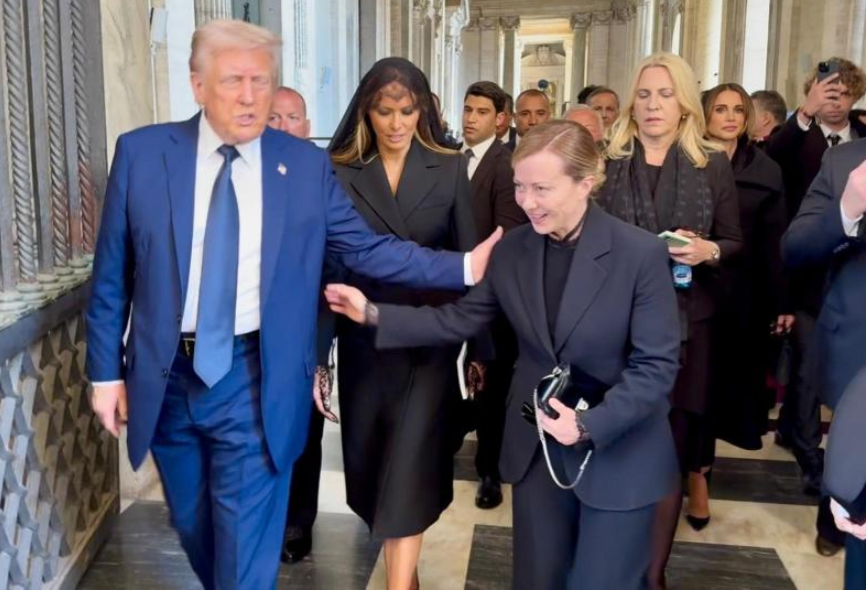[ad_1]
WASHINGTON (Reuters) – The U.S. Justice Department will extend greater leniency to companies that voluntarily alert authorities when they learn employees have paid bribes to foreign officials.
The new guidelines will allow most companies to avoid prosecution altogether if they fully disclose foreign bribery, cooperate in the investigation and take steps to avoid future misconduct, senior Justice Department officials told reporters on a conference call on Thursday.
The new rules are expected to be announced on Monday by Deputy Attorney General Rod Rosenstein.
They mark an expansion of a pilot program, launched in 2016 by the Obama Administration, that was intended to encourage more companies to come forward when they discover foreign bribery. In exchange, they would get lighter penalties.
While that program also offered the possibility of avoiding prosecution, the new guidelines will offer companies the “presumption” that charges will be dropped if they comes forward and fully cooperates.
In cases when the misconduct is so severe that the Justice Department cannot drop the charges, the guidelines will still allow companies that come forward to get a 50 percent reduction of the lowest level of penalty.
Justice Department officials say the new guidelines will offer companies a greater incentive to come forward. The U.S. Foreign Corrupt Practices Act makes it a crime for companies to bribe overseas officials to win business.
The expanded leniency program for corporate bribery comes at a time when U.S. Attorney General Jeff Sessions has asked prosecutors to take a tougher line against criminals, particularly in drug cases.
But the cooperation requirements that companies must meet before prosecutors will drop the charges against companies will be “rigorous” and will give authorities more ammunition to pursue individual executives involved in the crimes, the officials said.
“I don’t think it’s accurate at all to portray or understand this policy as giving a pass to corporate crime,” a U.S. Justice Department official said.
Reporting by Joel Schectman; Edited by Damon Darlin and Susan Thomas
[ad_2]
Source link






Leave a Reply